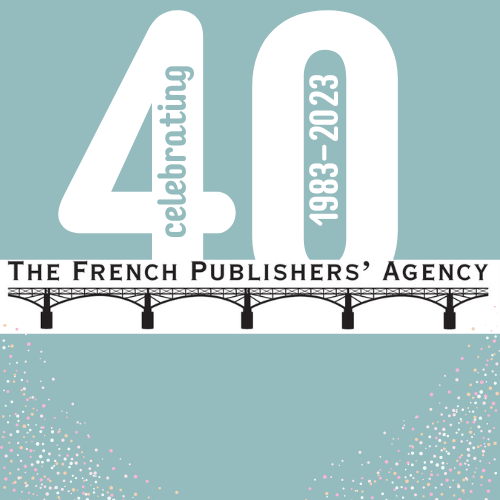WHEN ISRAEL DREAMED: THE LIFE OF RACHEL BLUWSTEIN
Martine Gozlan
(Les Éditions du Cerf, 240 pages, 2018)
Celebrated as the matriarch of modern Hebrew poetry, Rachel Bluwstein is one of Israel’s most beloved cultural icons. Her portrait graces the new twenty-shekel note, and her most famous poems have been turned into classic songs that are now an integral part of the national heritage. Simply known by her first name, Rachel, her life—and her solitary death at forty-one—took on mythic proportions. She was the muse of a small group of Zionist thinkers and visionaries who, like her, belonged to the Second Aliyah—the second historical wave of Jewish immigration to Palestine between 1909 and 1914. In this lyrical and evocative biography, Martine Gozlan retraces the poet’s poignant personal journey while evoking the cultural, social, and intellectual ferment that gave birth to the state of Israel.
Born in the Russian town of Saratov, Rachel was nineteen years old when she first visited Palestine on her way to Italy. She intended to study art but, swept into the Zionist pioneering spirit, she decided to stay. She first worked in the orchards of Rehovot and then in an agricultural girls’ school on the shores of the Sea of Galilee. During those early, happier years, she met, and mesmerized, men who left their mark on the nation’s history: Noah Naftulsky, an ecologist avant la lettre; Zalman Shazar, the third president of the future state of Israel; and Aaron David Gordon, the prophet of the first kibbutz to whom she dedicated her first Hebrew poem. Rachel was to leave Palestine one more time, to study agriculture in Toulouse. But the war came and she was forced to return to Russia.
The tuberculosis she contracted during those harsh years shifted her destiny. Back in Palestine, she joined the kibbutz of Dagania, but was evicted because of fear of contagion. After years of wandering, she eventually settled in Tel Aviv, and it is there, in a simple room facing the sea, that she wrote most of her work between 1925 and 1931. Berl Katznelson, the theorist of Labor Zionism, invited her to contribute to his newly founded newspaper, Davar. The publication of her poems and weekly columns gave her some measure of recognition among the male-dominated intelligentsia of the times. Yet she died alone, admired but also reproved as a woman without a husband or children.
Martine Gozlan’s eloquent and limpid prose conveys the joys and sorrows of Rachel’s life, her love for the landscape of Galilee, her beauty and fierce intellect, and her solitude. She was fully committed to the Zionist dream yet she remained at a distance, a “free bird landed on the land of Israel.” For the author, who has spent years covering the Israeli-Palestinian conflict, Rachel remains a much-needed inspiration, the face and voice of an Israel dreamed by “the poets, the lovers and the Just.”
Martine Gozlan is the Editor-in-Chief of the weekly Marianne. She has covered the Middle East and the Maghreb as a major reporter since 1988. She has published a dozen of books included Les Rebelles d’Allah (L’Archipel, 2014), Israël contre Israël (L’Archipel, 2012), a series of books on Islamism for Grasset, Le Sexe d’Allah (2004), Le Désir d’Islam (2005), L’Imposture turque (2011), as well as a biography of Hannah Szenes (L’Archipel, 2014.)

